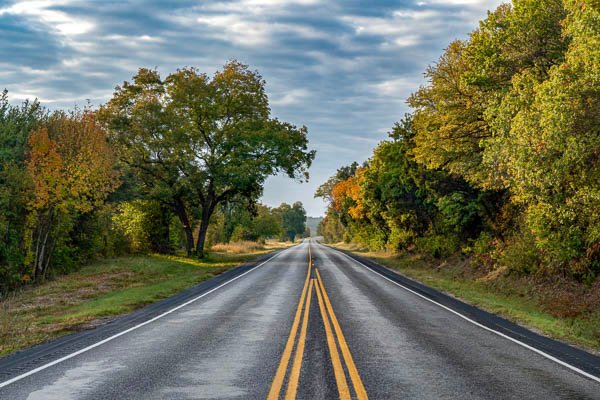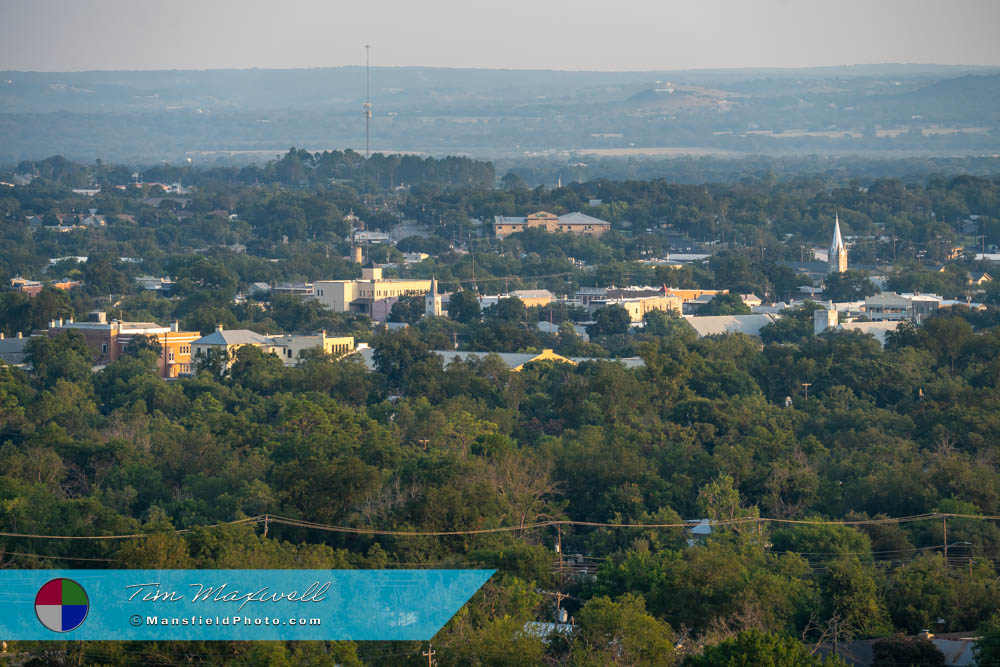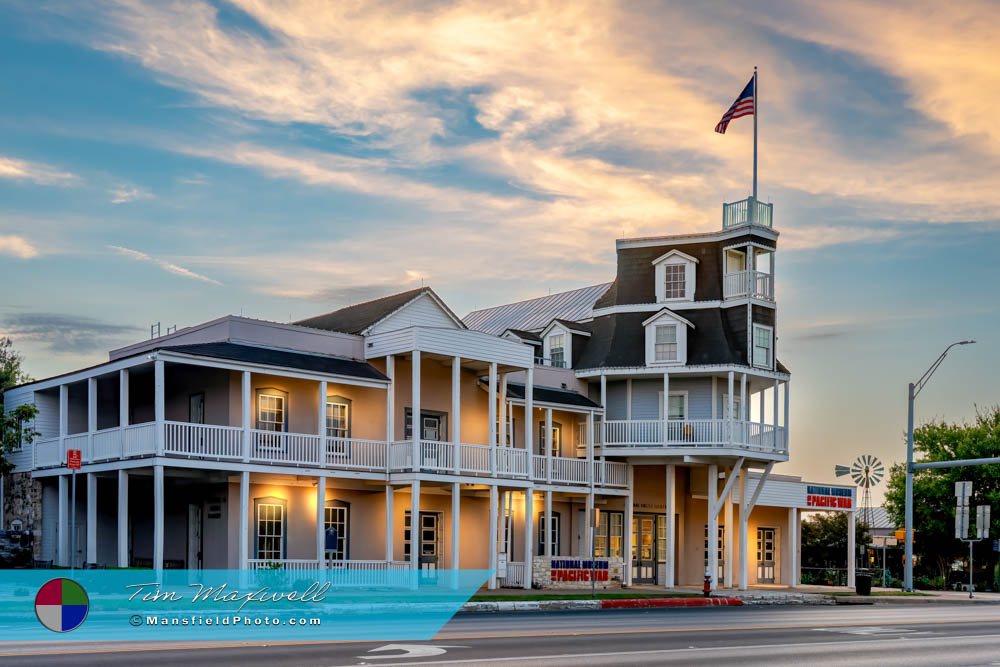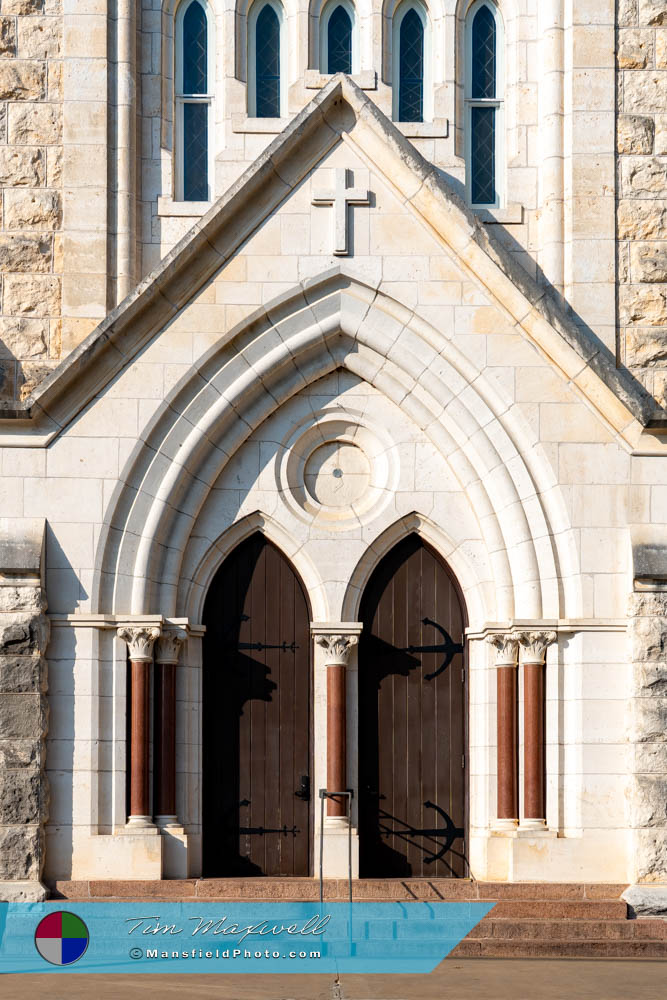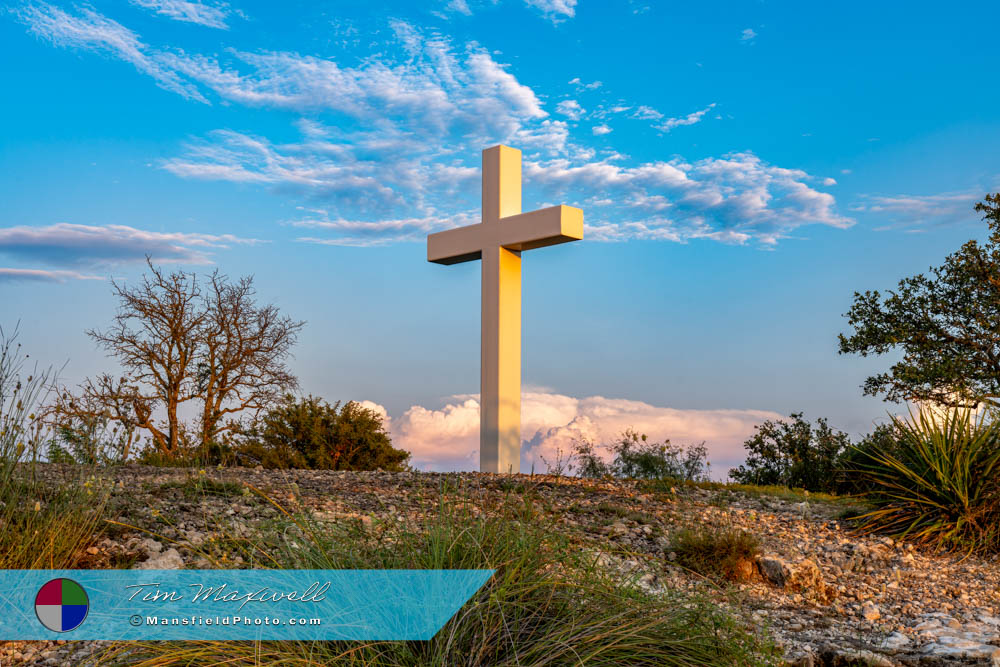Mansfield Photography
What the Sky Didn’t Promise
– The revelation of seeing again.
“Forgive as the Lord forgave you.” – Colossians 3:13.
I just wrapped a photography trip through Fredericksburg, with a few small towns tucked in between. This is what I love to do—the open road, the unknown, the chance to find something beautiful in places I’ve never been. Every trip is a mix of work and wonder. And every trip leaves behind memories that quietly steer the choices I’ll make next.
The Road and the Burrito
Driving through Glen Rose, I saw a sign for Hico—22 miles away. And just like that, a memory surfaced. A few years ago, when I first set out to photograph small towns across Texas, Hico was one of my earliest stops. After shooting the town, I wandered into a gas station for lunch. Pizza, chicken—the usual suspects. But then I saw something I hadn’t had in decades: a fried beef and bean burrito.
I grabbed one. Loved it. And ever since, I’ve probably had more fried burritos on the road than I care to admit. That Hico sign made me smile. It reminded me of a good day, a good shoot, and a surprisingly good burrito. That’s the power of memory—it quietly shapes how we feel, how we act, even years later.
Cross Mountain and the Unmet Moment
In Fredericksburg that evening, I headed to Cross Mountain for the sunset. The sky was promising—high clouds that might blush pink, storm clouds brooding in the distance. I envisioned the shot. I imagined the light.
But as the sun dipped west, it disappeared behind a thick bank of gray. No pink. No drama. Just quiet disappointment.
Forgiving What Was Never Promised
And here’s the strange part: I found myself wanting to forgive the sky.
Not because nature had done anything wrong. It hadn’t broken a promise. It hadn’t betrayed me. But I had hoped. I had imagined. I had invested expectation into something that never promised to deliver. And when it didn’t, I felt the ache of that gap.
The Gap Between Hope and Reality
That gap—between what we expect and what is—shapes so much of our lives. We do this with people all the time. We assign meaning. We build hope. We imagine how things should unfold. And when they don’t—when someone falls short, even without malice—we feel the sting. We call it hurt. Sometimes we call it sin. And then we say, “I forgive you.”
But maybe what we’re really forgiving is not the person, but the distance between expectation and reality. The sunset that didn’t bloom. The friend who didn’t respond. The person who didn’t become what we thought we needed.
When Memory Creeps In
At the start of a relationship, there is no ledger of the past. No catalog of disappointments. Just possibility. That’s why it feels electric—because it’s untouched by memory. But memory doesn’t stay away for long. It creeps in. It colors how we see.
We say we’ve forgiven, but we remember. We grant release, but we keep the file open. And the tragedy is, the file doesn’t just stay open against the other person—it stays open inside us. Every time we revisit the list, we carry the weight all over again.
Parole, Pardon, and the Way Jesus Forgets
That’s where forgiveness gets hard. Because real forgiveness isn’t parole—it’s pardon. It doesn’t hold the past in reserve, waiting to be reopened.
That’s why Jesus’ forgiveness feels so disarming. In the Gospels, He doesn’t forgive halfway. “Your sins are forgiven,” He says—with finality. Not because He’s incapable of recalling them, but because He chooses not to let them define the relationship. Isaiah puts it this way: “I will remember your sins no more.”
Forgiveness, in its purest form, does that. It’s not just release—it’s restoration. It’s the chance to begin again, without the shadow of what should never have happened. And when we offer that kind of grace to someone else—or receive it ourselves—it feels like sunlight breaking through a storm that overstayed its welcome.
So maybe the goal isn’t to forget the way we forget birthdays or grocery lists. Maybe it’s to forget the way God forgets: intentionally, generously, and without keeping score. Because when we do, we don’t just free the other person—we free ourselves.
The Sky Wasn’t Broken
It’s like standing on a hill, watching the sun slip behind a wall of gray. The clouds don’t blush. The light doesn’t break. It feels like a letdown. But maybe the sky wasn’t broken. Maybe it never promised to be what I imagined. Maybe the failure was in my expectation, not in the sky.
And maybe that’s the secret to forgiving—not erasing the memory, but letting it speak in a new voice. One shaped by grace, not grievance. One that says, “This mattered—even if it didn’t go the way I planned.”
Revelation, After the Fact
Back home, I began processing the images from my trip. And one from Cross Mountain stood out.
No pink clouds. No dramatic sunset. But the light on the hill, the big white storm clouds at the base of the cross, the wispy trails above—it was all there. I hadn’t seen it in the moment. I was too focused on what didn’t happen. But now, looking at the image, I see what did.
It wasn’t the shot I hoped for.
It is better.
It feels like grace.
Author: Tim Maxwell

